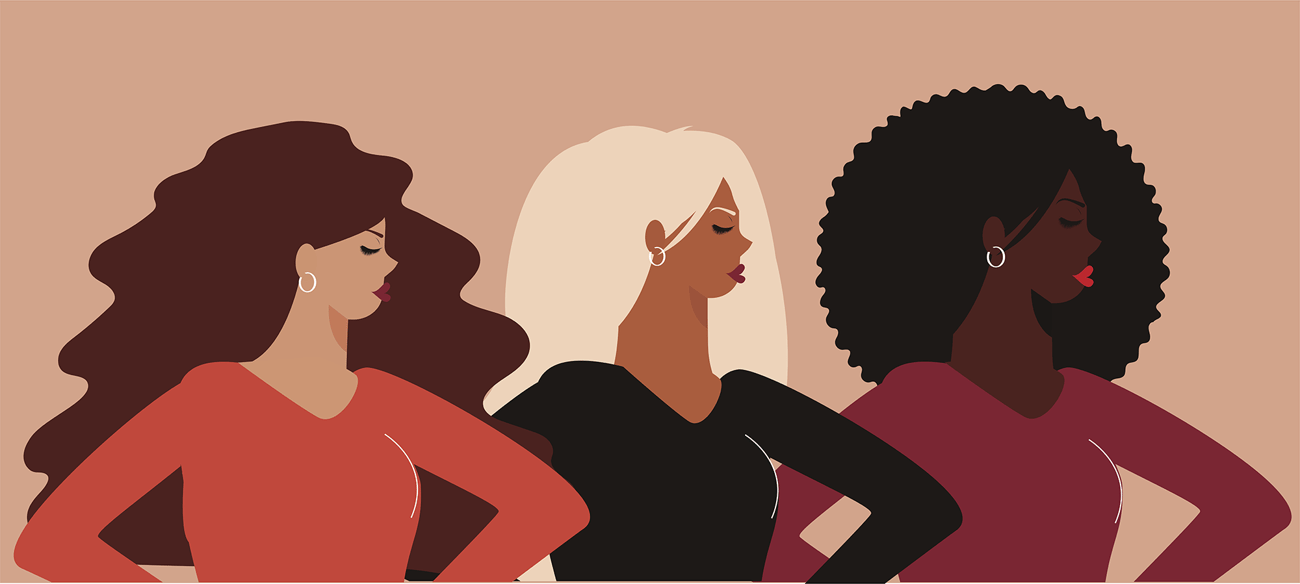
As New Zealand looks towards pandemic recovery, it’s time to put women at the heart of our agenda to advance economic empowerment. Now is the time re-write gender inequalities that have existed for too long. In celebration of International Women’s day, here’s what Melinda Petrunoff, Director of Small and Medium Business, Facebook Australia and New Zealand, has to say about the power of women entrepreneurship and why connected women are key to pandemic recovery in New Zealand.
Over the last few decades, research has repeatedly shown that supporting women and unlocking their entrepreneurial potential is crucial to building a resilient and healthy society. By focusing on girls and women, businesses and governments can spur economic progress, expand markets, and improve health and education outcomes for everyone. A great example of this is Indigo & Iris, a vegan and cruelty free beauty brand in Christchurch, which donates 50% of the profits to charity. The CEO, Hannah Duder says one of her proudest moments as a business woman was the first time she donated to the Fred Hollows Foundation. Since launching the business, Indigo & Iris has donated enough money to restore the sight of 400 people in the Pacific Islands.
While New Zealand has made progress creating equal opportunities for women, COVID-19 has had harsh impacts across communities and economies. This is also why the theme of this year’s International Women’s Day – Choose To Challenge – is particularly relevant, which invites us to challenge and call out gender bias and unequal treatment.
Last year we partnered with several institutions to study gender equality at home and work during COVID-19 with inputs from the World Bank Group, UN Women, Ladysmith Collective, and EqualMeasures2030. More than 460,000 people on Facebook in over 200 countries completed the survey, which resulted in a first-of-its-kind snapshot of women and men’s access to resources, their time spent on unpaid care work, and their attitudes about equality.

Melinda Petrunoff, Director of Small and Medium Business, Facebook Australia and New ZealandThese insights give us both reason to worry and reason to hope. COVID-19 has disproportionately impacted women all over the world – with research showing they are more likely to be shouldering the responsibility to care for family, more likely to lose their jobs or have their pay cut, and more likely to feel overwhelmed, stressed, or anxious. In East Asia and the Pacific, 20 per-cent of all women business leaders said that they spent six hours or more per day on domestic responsibilities, compared to only 12 per-cent of men.
There is also the issue of access to digital training. One study showed that women business leaders showed a greater degree of flexibility in their business models in response to COVID-19. In fact, female business leaders were more likely to make more than 50 per-cent of their sales through digital channels. We saw this last year, when Sarah Colcord created the Chooice Facebook Group (formerly NZ Made Products), which spotlights small businesses across New Zealand. Since its inception, the Facebook Group amassed nearly 550,000 followers, with almost 80 per-cent of the Group comprising women. This run-away success has inspired other similar movements like The Realness, which highlights local and independent eateries, shops, services and bespoke experiences across the country.
Digital fluency and connectivity can also smash barriers that stop unemployed women from pursuing careers or starting businesses. Being able to work from home and set their own working hours means that more women would be able to join the workforce. We saw this with entrepreneur Hannah Mellsop, who turned her love for plant based food on Instagram, into Real Rad Food, a business which sells plant based treats and protein powder. During lockdowns, she turned to Instagram to create videos and Instagram Lives featuring her making her own Rad Balls which were normally sold in cafes. The videos went viral, and the demand for her Rad Ball mixes were so popular, they now make up her largest revenue stream.
There are many more stories like these, among the 200 million businesses on our platforms. These stories show that economic empowerment provides lasting benefits to communities. I firmly believe that supporting women and unlocking their potential will create a more resilient, inclusive, and equal society. This is why we will continue to invest deeply into the tools and programs that provide women with a world of opportunities to connect, learn and grow.




